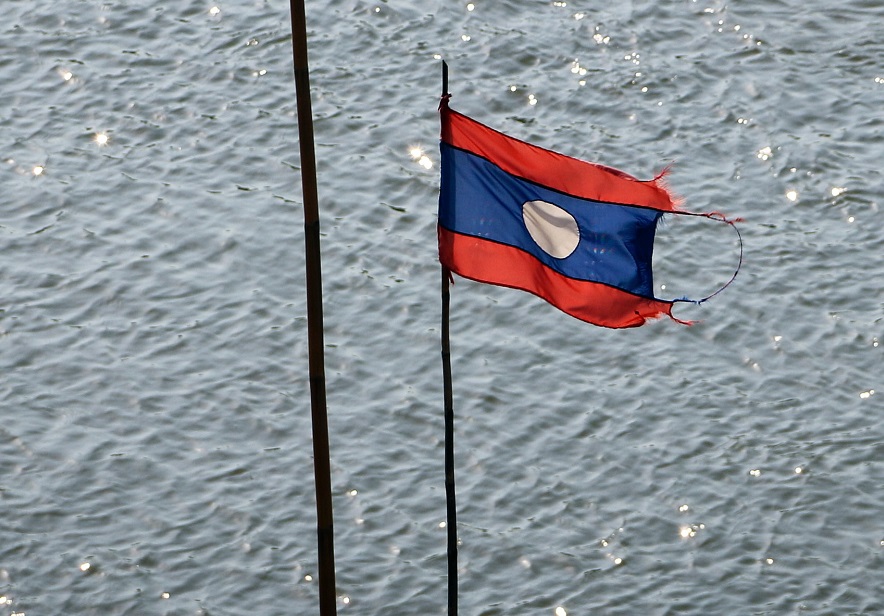Vientiane faces up to Chinese debt trap
Considered the 'battery of South-East Asia', thanks to its dams it produces electricity for the whole region, but has a debt equal to its annual GDP, half of it contracted with China. The country is of great strategic importance, but cannot borrow externally.
Vientiane (AsiaNews) - Laos remains trapped in a paradox: considered the "battery of Southeast Asia" because of the large number of dams that produce electricity for neighbouring manufacturing countries, it is struggling in the "debt trap".
The deficit towers above its repayment possibilities: billion in 2021, equivalent to the annual GDP, half of it contracted with the People's Republic of China.Adding to the dependence on Chinese investments and loans - encouraged in every way by Beijing to have a strategic buffer in the south - is the Chinese control over its main infrastructure.
This is especially after the loans granted to Vientiane to build - with Chinese companies, technologies and labour - the huge system of dams for hydroelectric power production on the Nam Ou river in the northern part of the country.
The 25-year concession to Chinese companies of the state electricity grid, which accounts for 37% of the country's foreign debt, effectively deprives the country of one of its main sources of income, leaving little room for manoeuvre for economic recovery or greater autonomy.
Laos has a strategic importance for China: it is fully included in the Belt and Road Initiative infrastructure project, especially after the construction of the main railway line financed by Beijing with USD 1.8 billion. It is rich in water, mining and forestry resources and is in the hands of a repressive regime, without any element critical of Chinese foreign control because it is considered 'fraternal'.
China has so far wavered on its request for debt restructuring, while the constraints imposed by Beijing have also made it problematic to ask for external support, for example from the International Monetary Fund. Financial aid that would be necessary but difficult to grant because of the country's poor economic performance, starting with inflation.
According to the World Bank, the need for circulating money exceeds four times what the country could obtain from abroad as new credit, while the tight control on capital initiated last year has not prevented distorting effects, such as the 'parallel' exchange rate.
Laos may be an economy with great potential, but the Southeast Asian nation has few financial resources at its disposal and those that do exist have so far been misdirected. This has necessitated recourse to Beijing's support, however, showing the consequences of intervening in cases of structural weakness and heavy indebtedness.
The postponement of the payment in 2022 of an 8 per cent share of the total Laotian debt was an encouraging sign, but much will depend on the ongoing negotiations to which there is no alternative at the moment: the post-pandemic economic situation is stagnant, the depreciation of the local currency (the kip) last year was 70 per cent against the dollar, and tourism shows no signs of recovery.
05/12/2022 13:45







.png)










